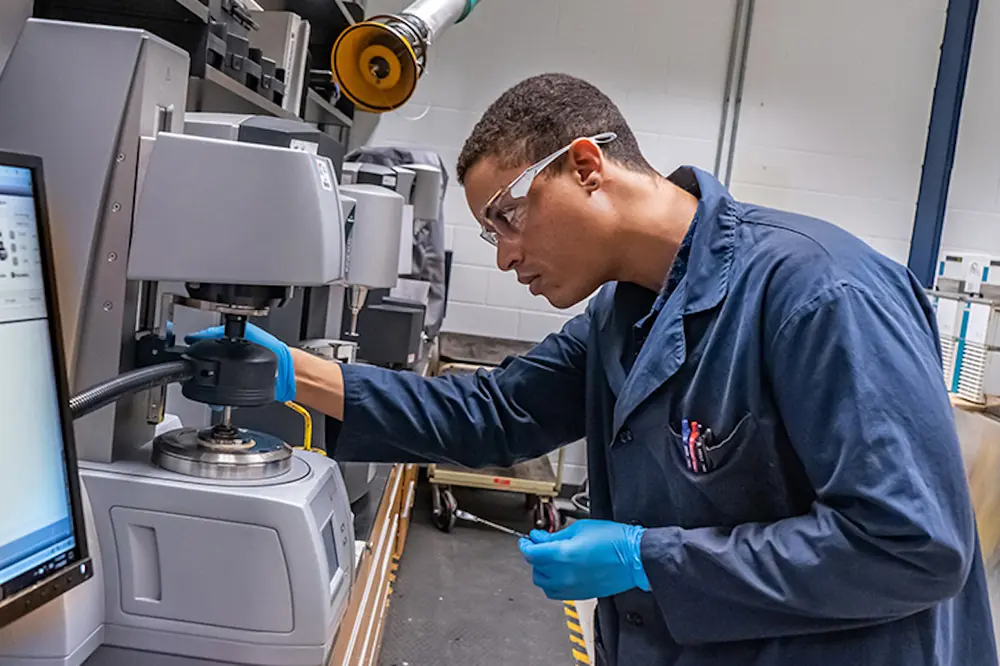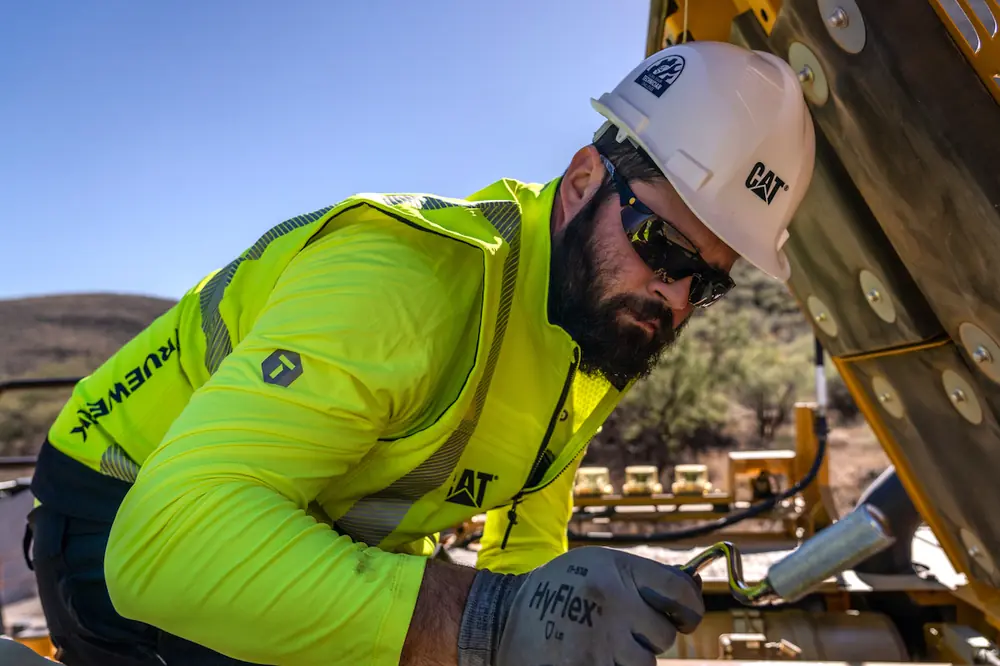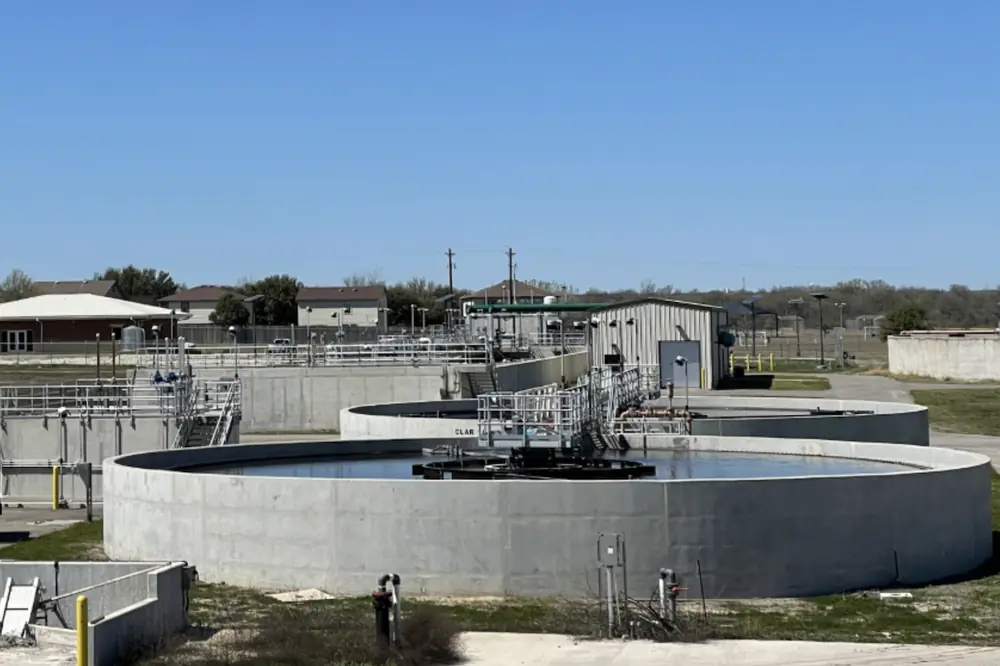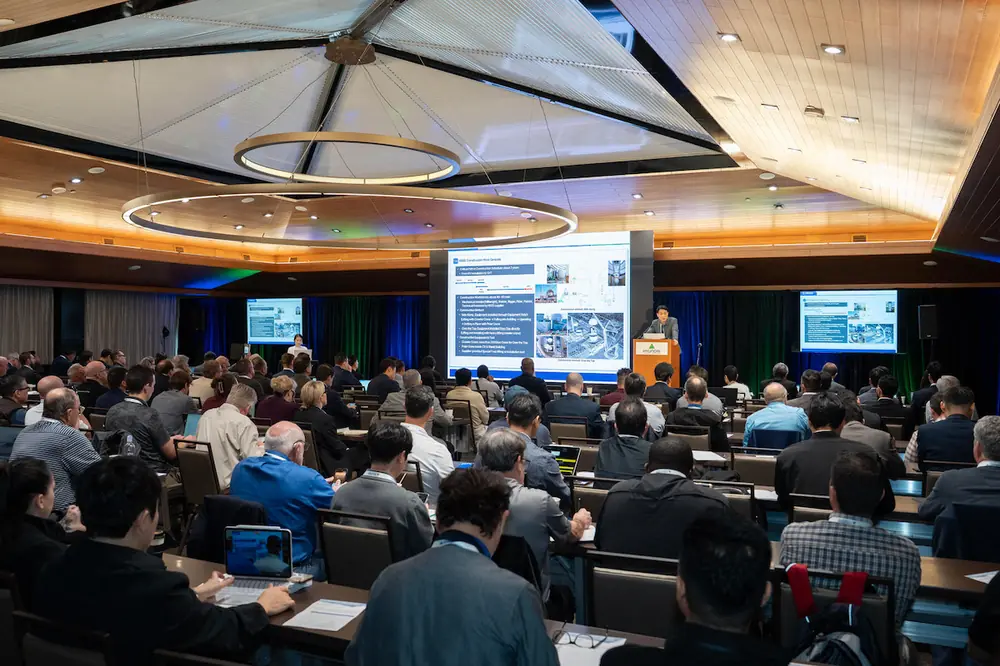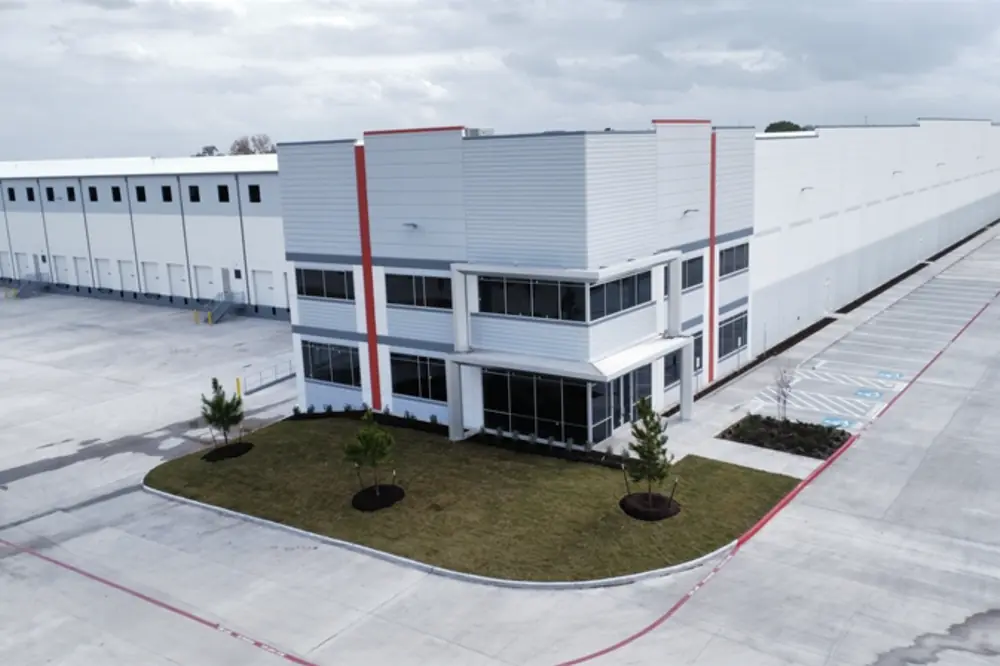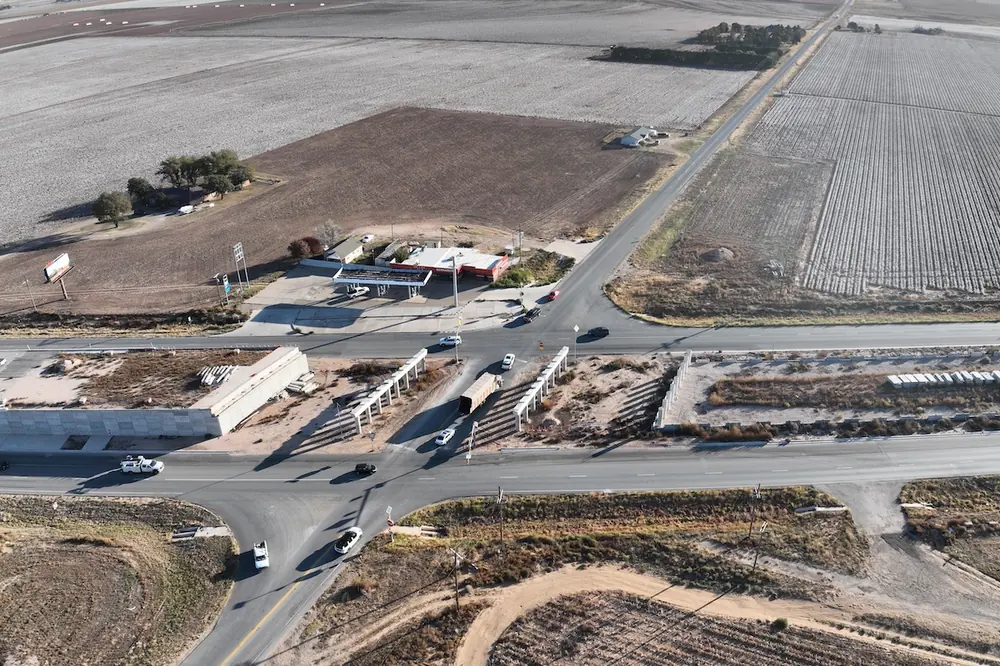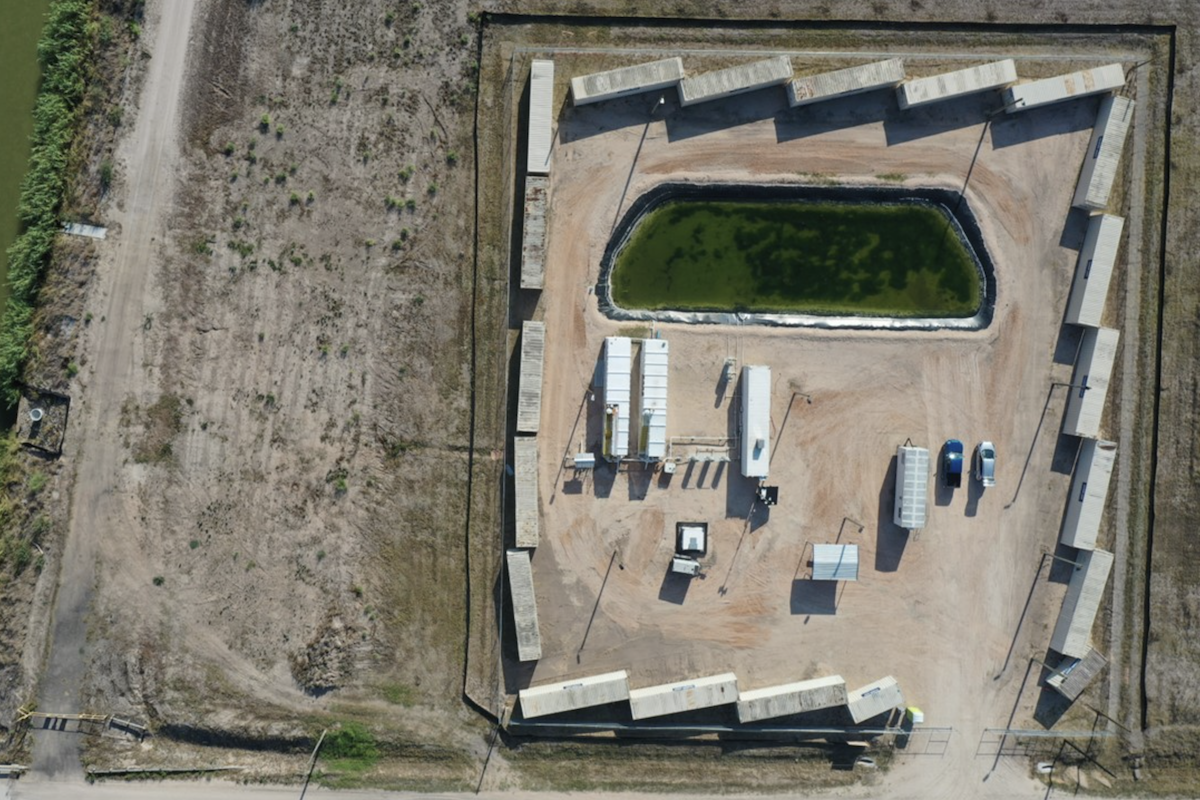McDermott's participation will add additional expertise to the team's capabilities in the delivery of integrated energy infrastructure and underscores McDermott's commitment in advancing hydrogen as a key driver to low carbon and affordable energy. The project will leverage Texas' resources — wind power, solar energy, underground salt-dome storage formations, hydrogen pipelines, natural gas infrastructure, international port operations, and a large, concentrated industrial infrastructure — to demonstrate the potential of DOE's H2@Scale initiative.
The partnership is currently focusing on two separate initiatives:
- The University of Texas at Austin will host a first-of-its-kind integration of commercial hydrogen production, distribution, storage, and use. The project partners will generate zero-carbon hydrogen onsite via electrolysis with solar and wind power and reformation of renewable natural gas from a Texas landfill. The hydrogen will power a stationary fuel cell to provide clean power for the Texas Advanced Computing Center and supply a hydrogen station with zero-emission fuel to fill a fleet of fuel cell electric vehicles.
- At the Port of Houston, the project team will conduct a feasibility study for scaling up hydrogen production and use. The team will assess available resources, prospective hydrogen users, and delivery infrastructure, such as existing pipelines that supply hydrogen to refineries. The study will examine policies, regulations, and economics so that the industry can develop a strategic action plan to present to policymakers — enabling heavy-duty fuel cell transportation and energy systems.













